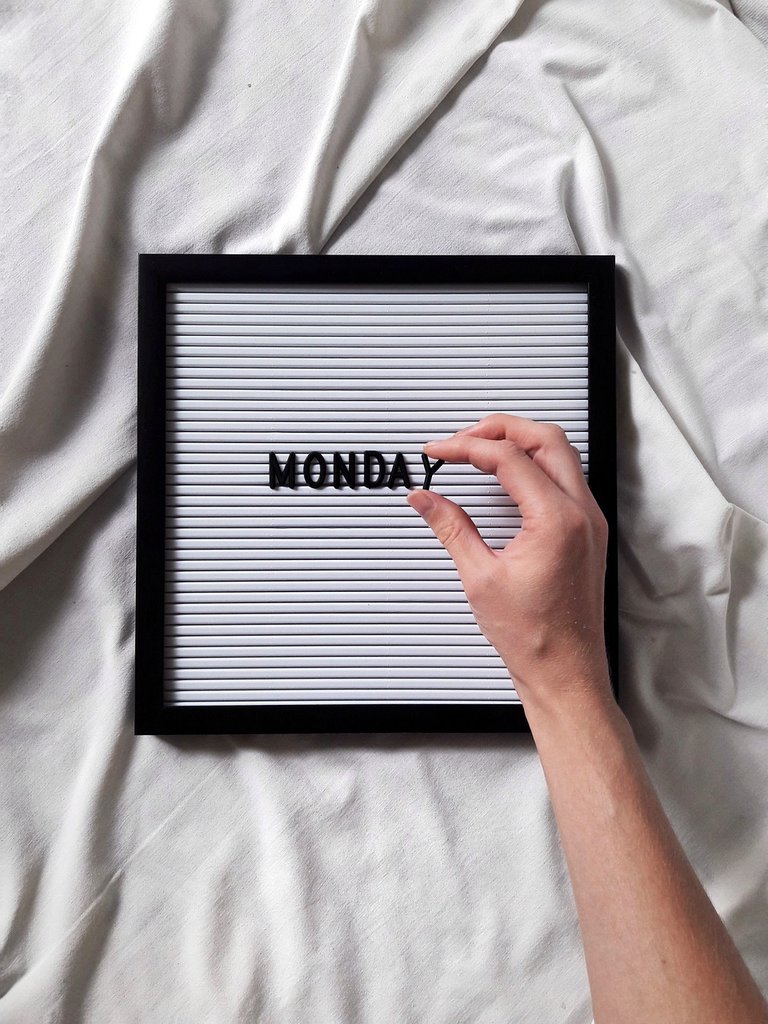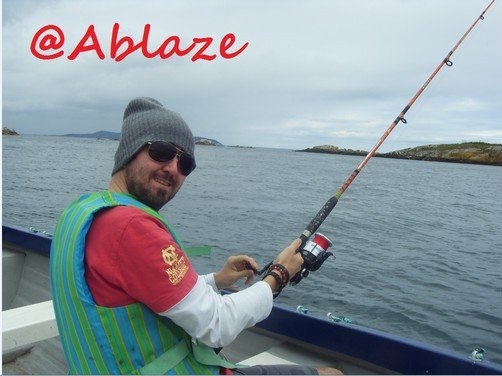What a load of rubbish
I'm didn't know exactly when this concept of Blue Monday began here in Ireland and indeed around the world, but my gut feeling was that it was at best a load of rubbish and at worst a dangerous construct. It was time to do a little bit of research.

The concept of Blue Monday holds that the third Monday in January is the most depressing day of the year.
My research found that “Blue Monday” was the brain child of travel agency looking to sell more holidays at a quiet time of the year. They hired Cliff Arnaday, a well known psychologist to come up with some reasoning around why January is depressing. The travel company was called Sky Travel and they wanted "research" and "facts" and "science" for their press release. What they really wanted was sales and did not care if their made up science was damaging.

The "science" referenced the bad weather, lower motivational levels and such factors to try to prove its validity. Arnall himself was eventually ashamed of his association with Blue Monday and pleaded with people to “refute the whole notion”, but it was too late the genie was out of the bottle. Each year since this first happened (2004), it has also gotten progressively worse and even more so, with the advent of social media and Podcasting.
While reading about the subject online, I happened upon Dr. Matt Wall, a cognitive neuroscientist from Imperial College, London. I laughed at his comments on the subject which were very funny actually.
"There have been no serious studies which have ever identified anything similar — it's like asking "what's the sunniest horse?" or "which vegetables are best at snooker?"."
Which vegetables are best at snooker! That one really got me, clearly it's celery like!!

Galway Professor's Thoughts
I have a mutual friend who knows Jane Conway very well. She is a Lecturer in the School of Psychology at the University of Galway here in my home city in Ireland. She knows plenty about this subject matter.

She told me that it's "deeply unhelpful" for the efforts of scientists to generate real knowledge about depression and other mental health conditions and is on the record saying:
"People trust that because there's an equation and because a scientist has said this, it's implied that there is genuine research backing up this claim. I think it's very disingenuous when they discover that it's not. It is a cynical ploy by a marketing company with a veneer of science, to lend a fake credibility. This is deeply damaging and disrespectful to scientists and disrespectful to the general public as well."
I agree completely with Jane and find it disingenuous, sneaky and morally wrong. Jane goes on to say:
"In Ireland, Christmas is a big collective, cultural event for most people and people have mostly had holidays, they've had extra time with their families, they've had additional socialising and financial expenses etc. So, do these things affect mental health? They can, yes."
Again, I agree with this and also agree that it is unhelpful to label any one day as the most depressing of the year.
I also happened upon a publication from Ireland’s National Library of medicine (link below) It tells us that "Mental health disorder prevalence in Ireland is relatively high compared to international estimates."
It goes on to say that "Data collected from 17 countries as part of the World Health Organization's (WHO) World Mental Health Survey found that the proportion of the general adult population meeting criteria for any mental health disorder at any given time ranged from 12% in Nigeria to 47% in the USA, with an inter-quartile range of 18–36%"

So Nigeria is the place to be for good mental health, good for you @seki1, sorry @bozz not such good news for you guys in America.
The publication went on to say that "Findings from other studies suggest that not only do nearly half of the adult general population meet requirements for a mental health disorder at any point in time, but that there are high levels of comorbidity between the different mental health disorders. In one salient example, Plana-Ripoll analysed Danish registry data from six million people over a 16-year period and found that having any mental health disorder increased the probability of subsequently being diagnosed with every other mental health disorder."
That's a pretty worrying stat if you are already suffering with your mental health.

So in conclusion, let's not offend people by propgating this myth about Blue Monday, instead let's try to have open and frank discussions about mental health. Let's be their for each other and truly listen to people and help as best we can.
Peace out.
.jpg)
